Last week, the U.S. government revealed that Apple refused a request by the Federal Bureau of Investigation to unlock the iPhone 5C carried by one of the San Bernardino shooters. Following this revelation, Apple CEO Tim Cook said that requiring the company to create a bypass to the feature that causes the device to become unusable after entering an incorrect password more than 10 times would set a dangerous precedent and would undermine the security of all such mobile devices.
I disagree with Apple on many things. However, I agree with its decision to defend its customers' right to strong encryption in court. Based on my own experience living as a trans woman and working in technology, intelligence, and the military, I understand how critical encryption is for us as we protect our intimate lives.
In the years before my imprisonment, I worked as a programmer designing and building secure databases and communication software, and later as an intelligence analyst for the U.S. Army. Throughout each of these jobs we used different kinds of encryption to keep prying eyes out of the personal information of others.
Additionally, during my time working for the Army, I lived a "double life" under the military's don't ask, don't tell ban as a closeted trans woman in a relationship with a man. Living under the ban, I regularly used encryption to shield my personal information on my laptop and mobile devices from colleagues living in close quarters. However, things could have been even more high stakes for me. If I were a closeted trans woman, while living and working in less open countries--such as Russia, Uganda, and Nigeria--I could face imprisonment, torture, and even death, if exposed. This is why queer and trans people living in such countries now use encrypted devices, such as Apple's iPhone 5C, to build and maintain its communities while avoiding the dangerous scrutiny of others.
Now, as the U.S. government seeks a novel judicial back door to one phone, all of our encrypted data on most of our mobile devices and personal computers could be compromised by adversaries of queer and trans people who seek to cause us harm. Meanwhile, lawmakers across the country, and the world, are now considering the passage of new laws that would require all technology companies to build such "back doors" into all of our devices.
With the military's lift of the ban on lesbian, gay, and bisexual service members, the Supreme Court's ruling guaranteeing marriage equality, and the increasing visibility and acceptance in society, it is very easy to forget that the U.S. government has systematically persecuted our community in the past. Not to long ago, we were targeted as "insider threats," as being damaging to military "unit cohesion," as "deviants," and "sex perverts." If history is a guide, it may one day do so again, no matter how unlikely this may look today. Fundamentally, we in the queer and trans community should understand the need for privacy far more than most people, given the varying degrees of discrimination and persecution by our society and our government. Tim Cook, the CEO of Apple, lived as a closeted gay man himself for many years. Surely, his experience means he understands the importance of this as well.
While prosecutors and federal law enforcement agencies have a fair interest in obtaining evidence--especially in a mass murder and terrorist attack--we still need to limit how that evidence is collected. In this case, complying with an order threatens to allow nefarious people in organizations to exploit such "back doors," for queer and trans people and everyone else.
We in society all have an interest in privacy. However, I feel that we in the queer and trans community have a substantially stronger interest than the average citizen. We should continue to demand our privacy. We should defend our privacy rights and protections in the digital realm. We need to stay vigilant--especially as a single order by one Federal Magistrate Judge to unlock one phone threatens to change the entire digital world as we know and depend on it.
I feel we should support Apple in its fight. But, we should also fight any government or organization that seeks to remove our strongest ability to guard ourselves from discrimination and persecution in the future. This means protecting encryption.
Chelsea Manning is a former intelligence analyst and trans woman, serving a 35-year military prison sentence. She is an advocate for queer and trans rights and transparency in government and is a frequent contributor to The Guardian.













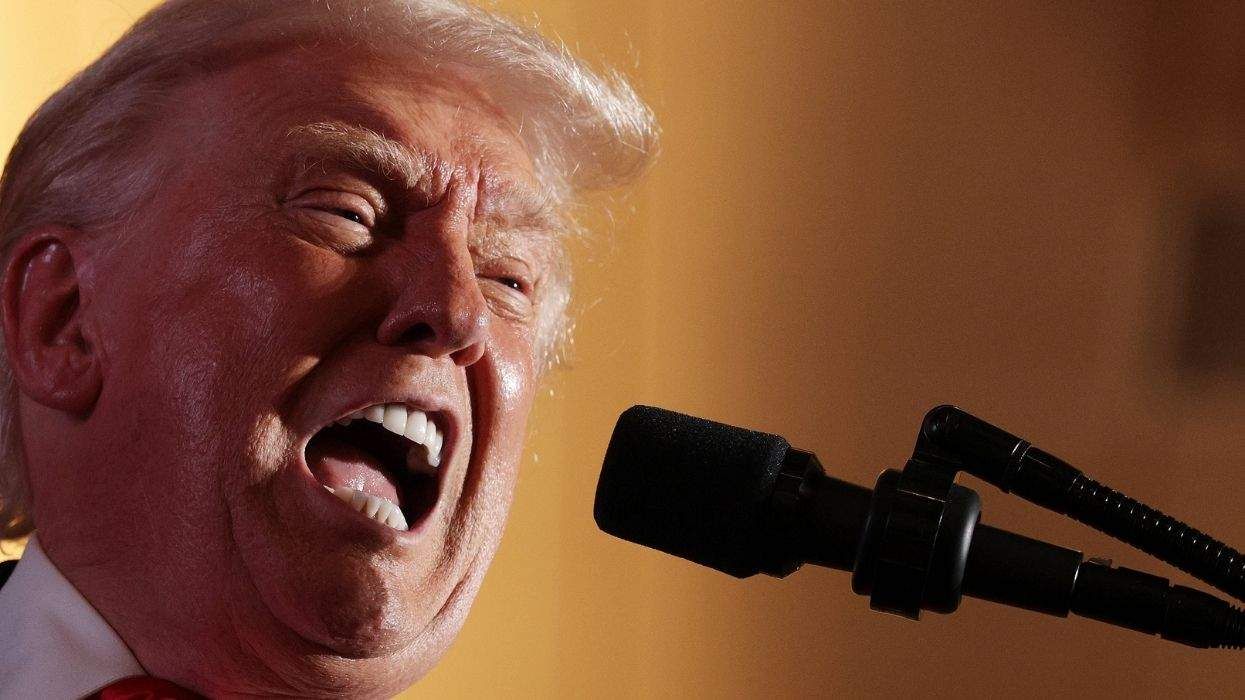
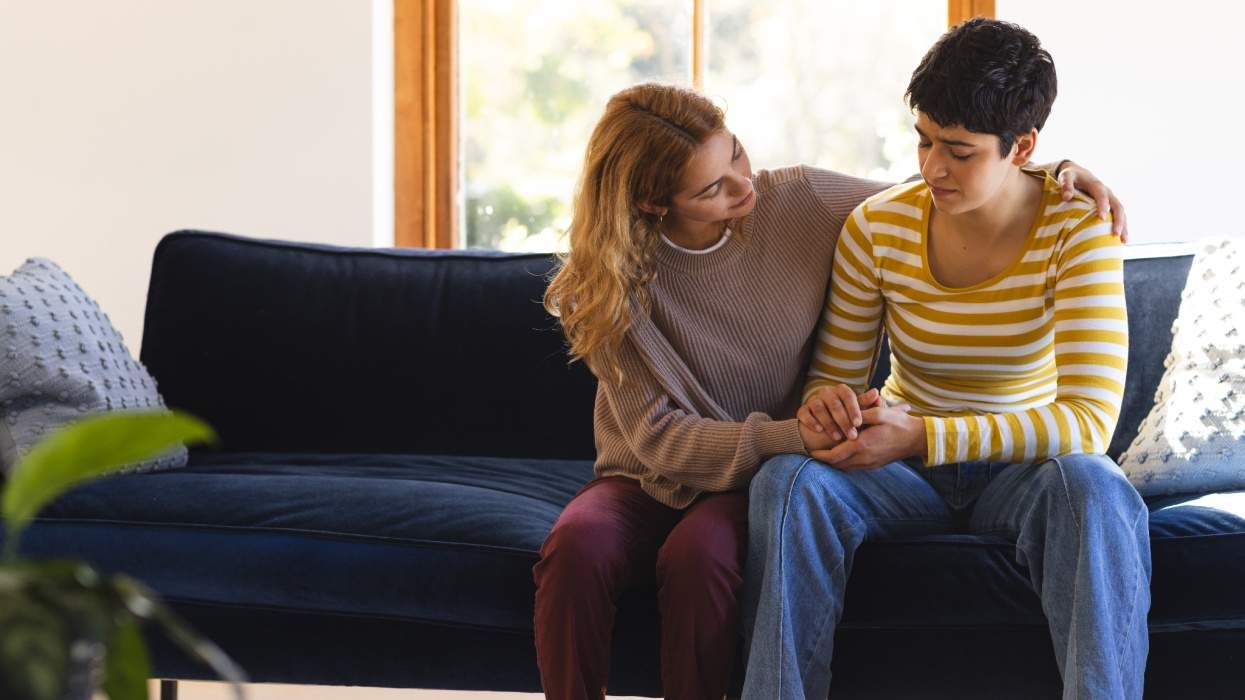
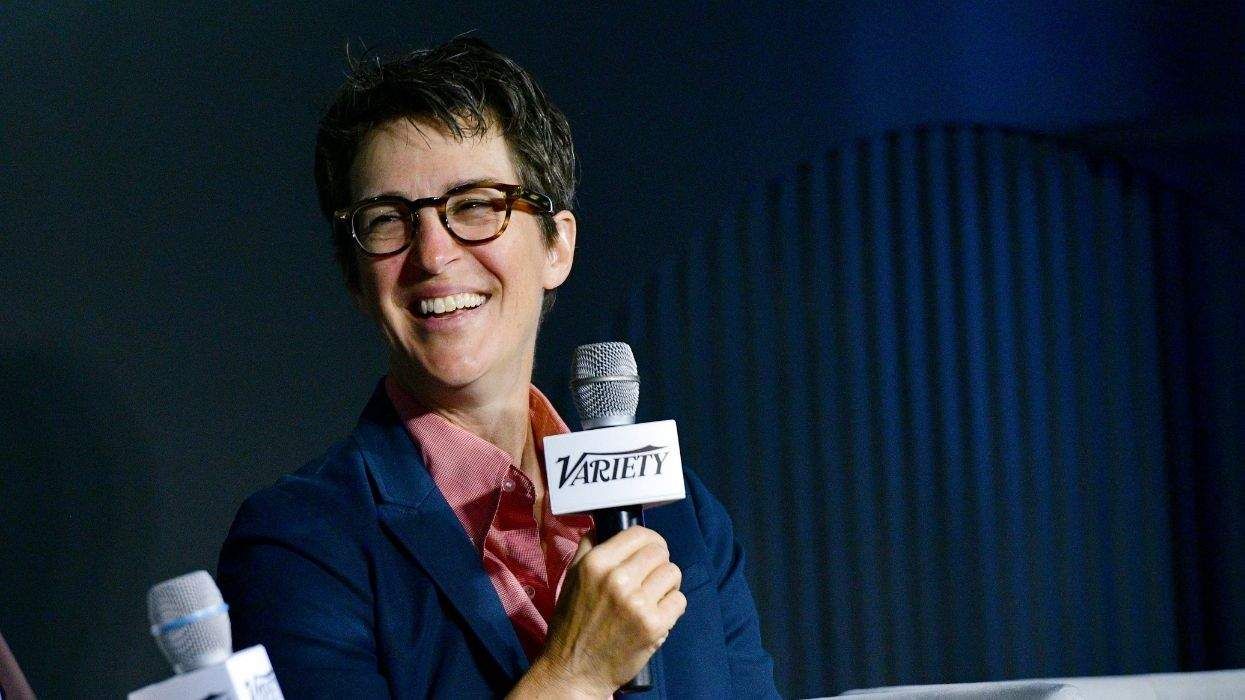
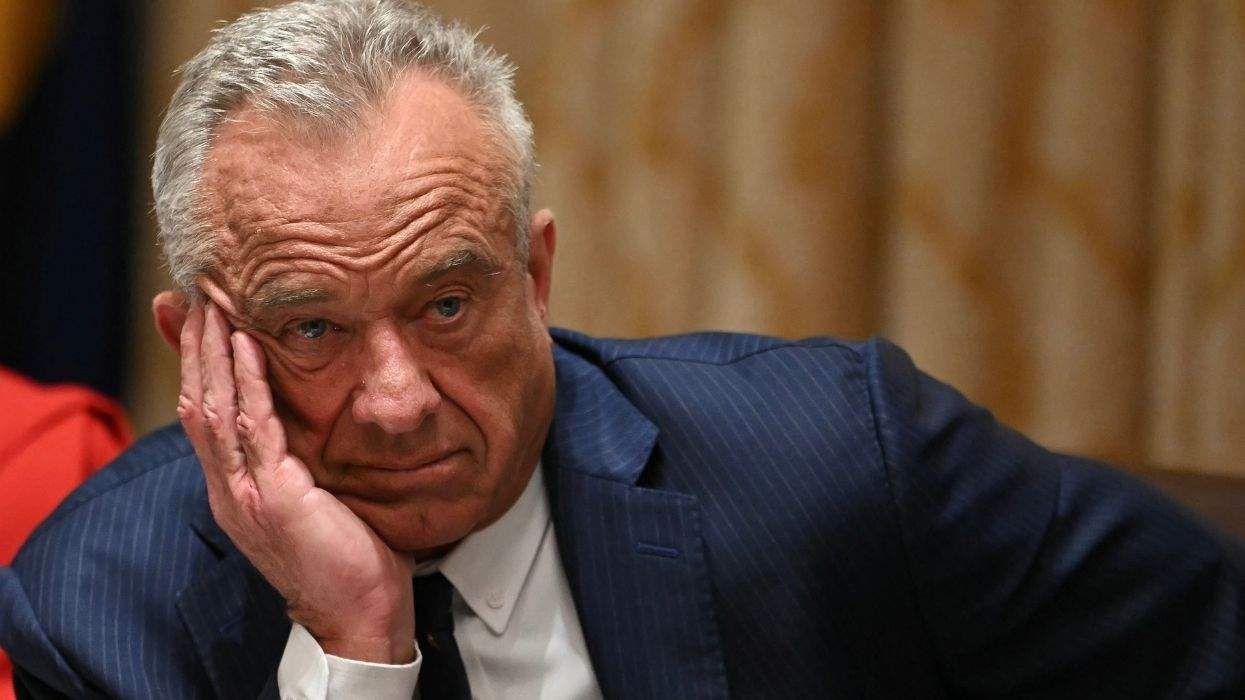

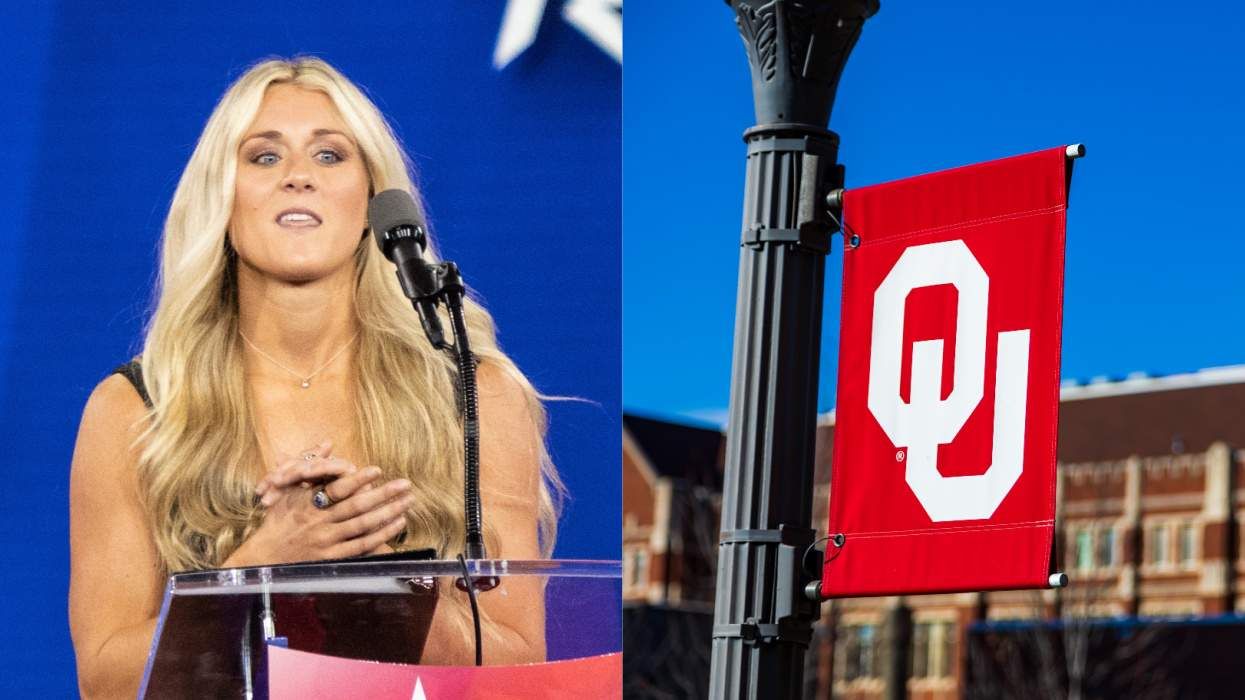
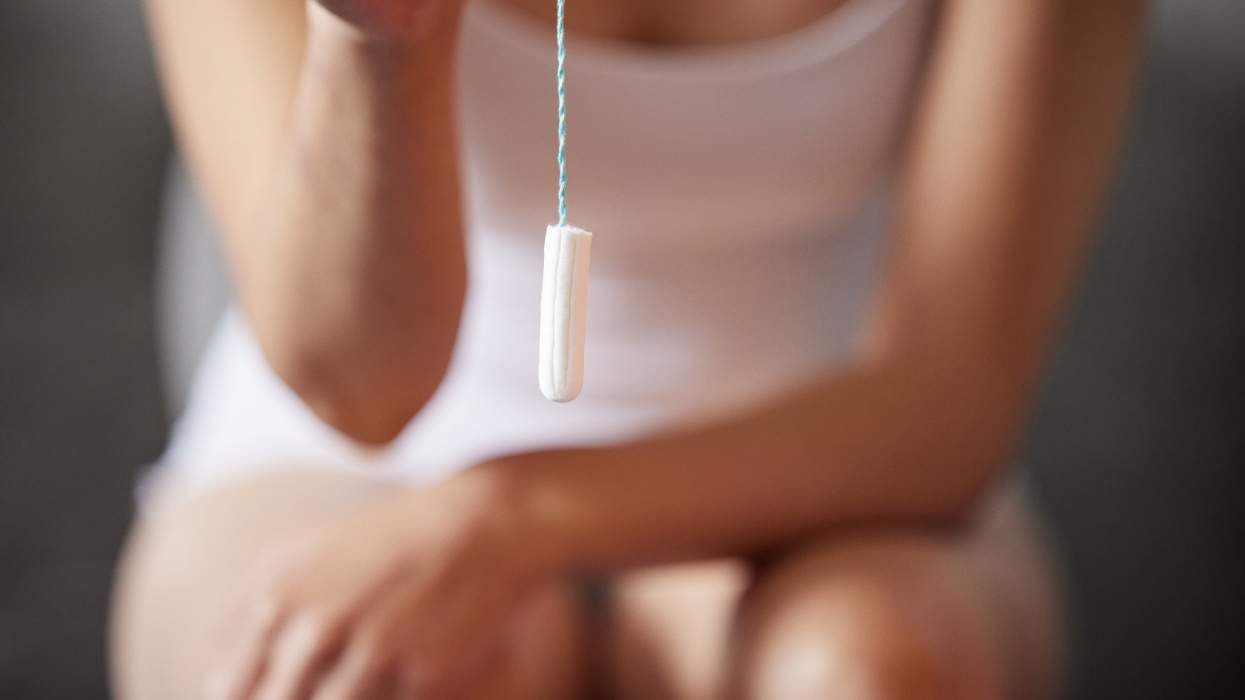

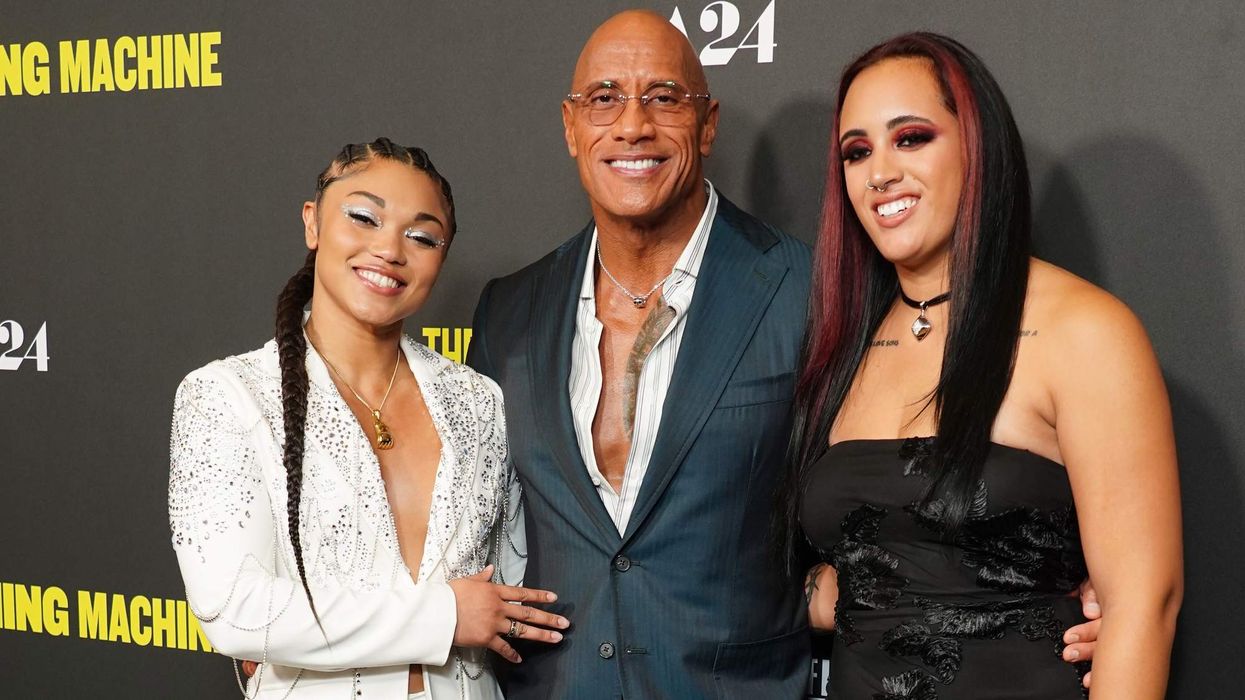
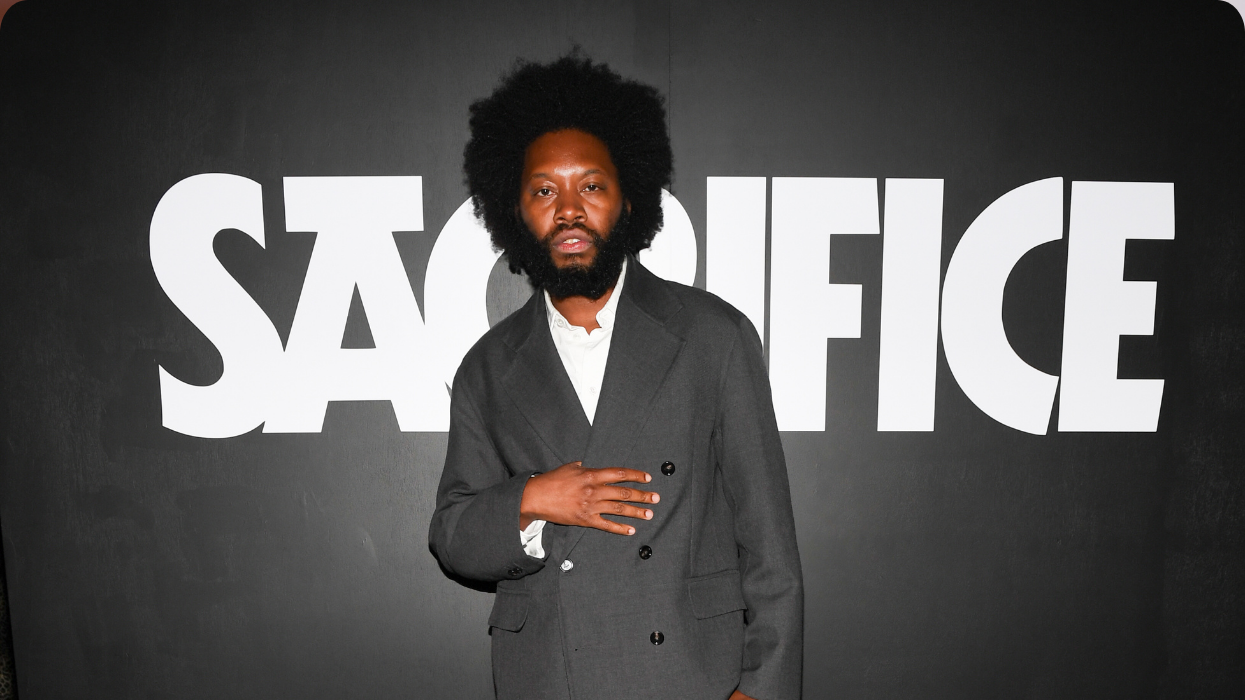
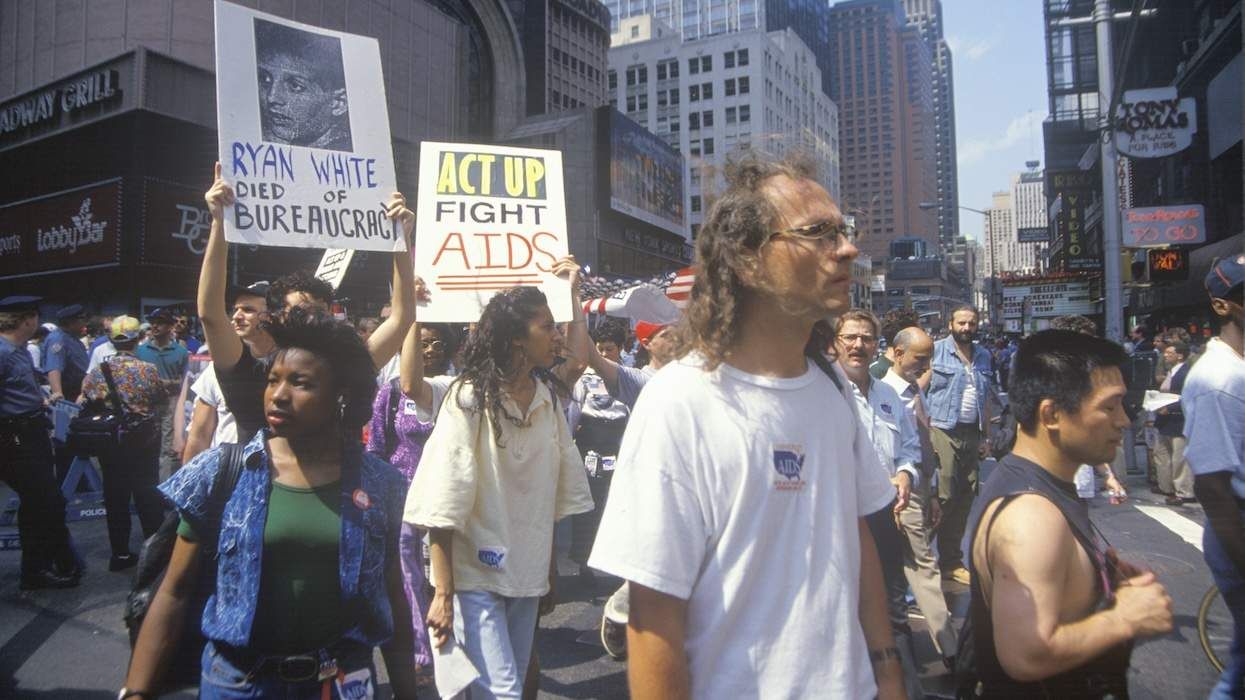
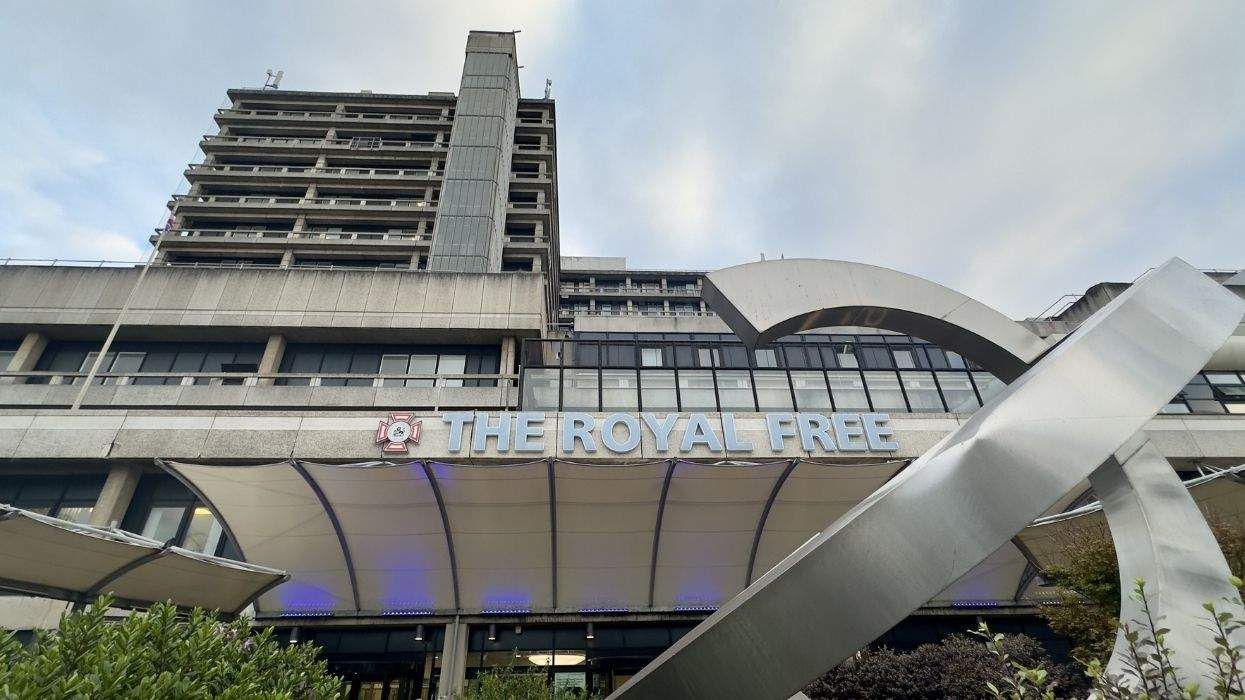

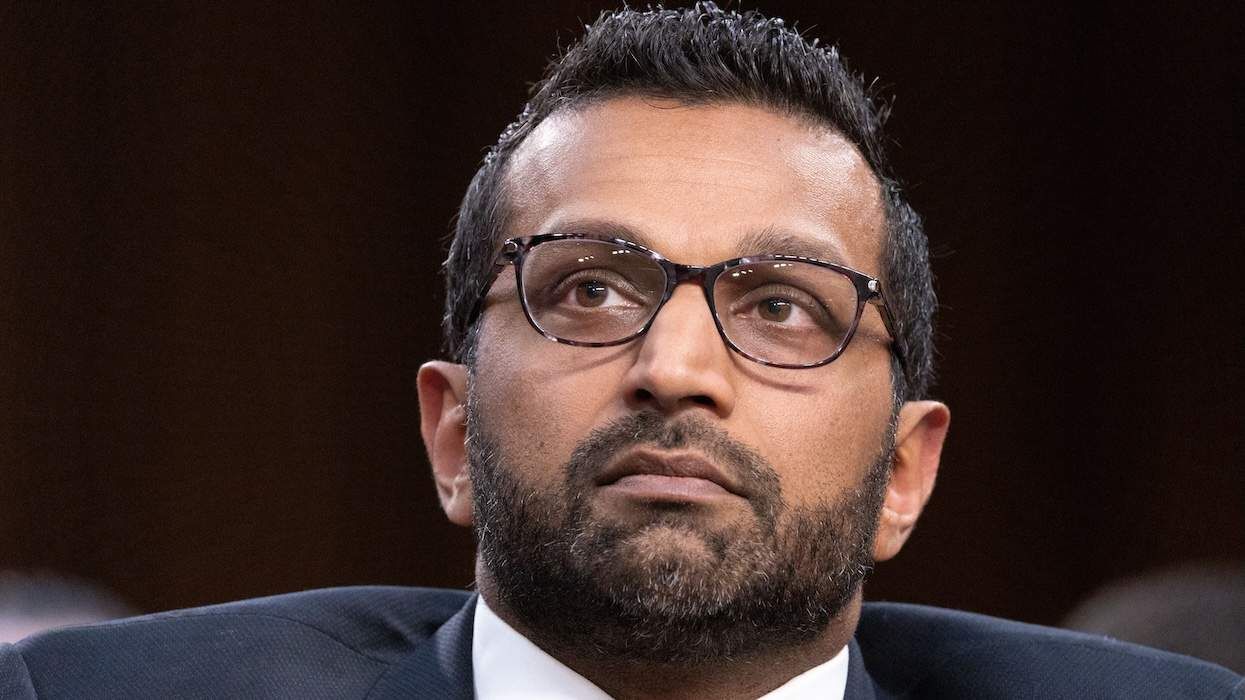
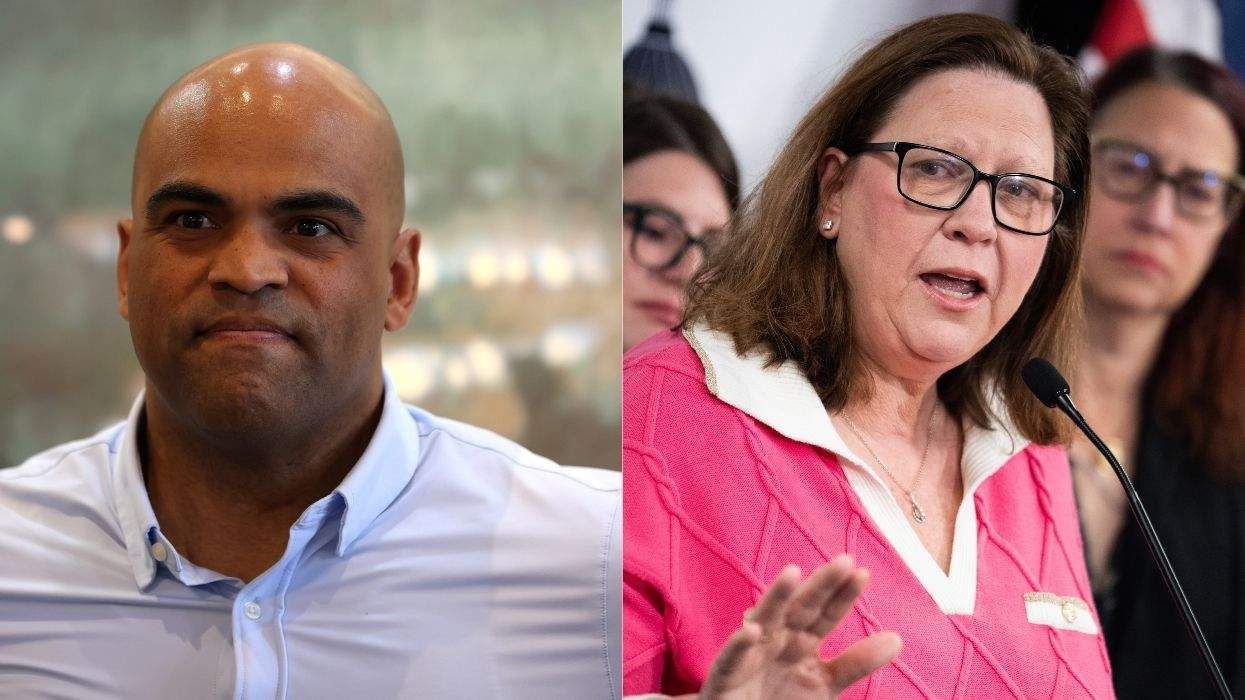















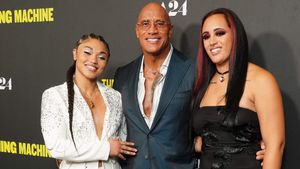



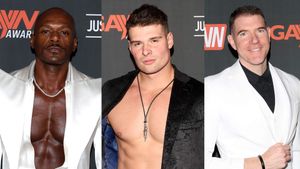




















Charlie Kirk DID say stoning gay people was the 'perfect law' — and these other heinous quotes